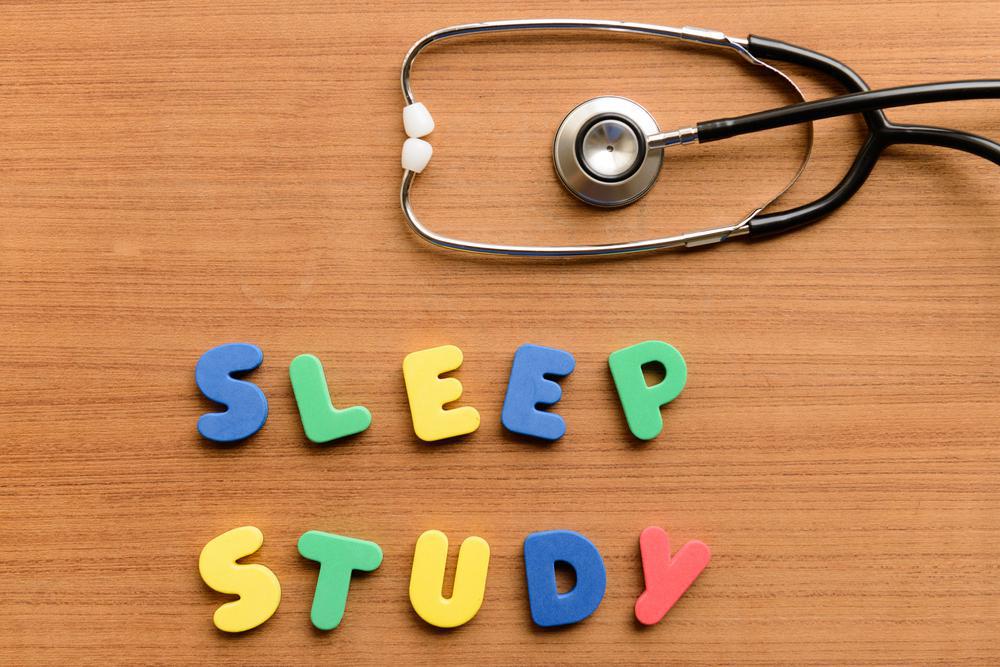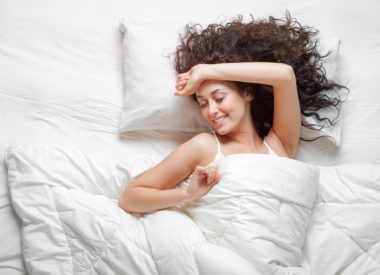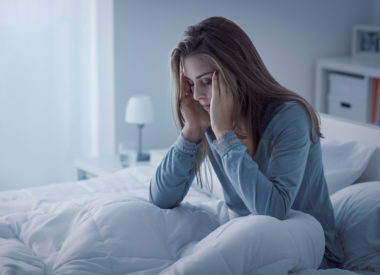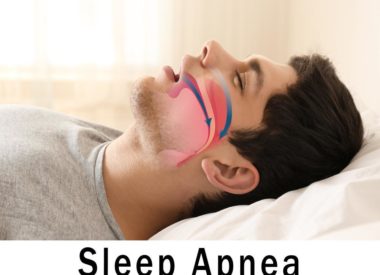What is a Home Sleep Study/Test (HST)? (Reasons and Indications)
Have you been a lifelong loud snorer? Do you wake up tired, unrested, irritable? Are your days spent fighting sleepiness at work, at home, and even while driving? If so, you may be considered among those with a high probability of suffering from Obstructive Sleep Apnea.
Also called sleep apnea or sometimes just apnea, this is a condition in which your airways close off while you sleep. Not only does this literally choke off your air supply, it causes your body to panic, and to kick you out of deep sleep just to gasp a lungful of oxygen. Severe obstructive sleep apnea can occur up to thirty times an hour, lasting at least ten seconds each and every time.
The most complete diagnosis of whether you have Obstructive Sleep Apnea is by participating in an overnight sleep study (polysomnogram) at an accredited sleep center. But what if you have a medical, physical, or other issue that prevents you from going to a sleep center?
Fortunately, we can now perform a sleep study at home, using a Home Sleep Test (HST) which some studies show this test to be just about as accurate as a full overnight sleep study.
What is an Overnight Sleep Study?
An overnight sleep study is called a polysomnogram . This exam studies your external sleep habits such asovernight sleep study in the lab overnight.
the position in which you normally sleep, whether you are a mouth or nose or combination breather, snoring. body position, and any movements of your eyes and legs as well as your body’s internal sleep mechanisms, including brain activity (using an EEG or electroencephalogram), heartbeat (pulse/heart rate) and breathing (respiration) to include the oxygentaion of your blood.
A complete overnight sleep study will take place at an accredited sleep center or lab. There, a board-certified sleep medicine physician will have the equipment and environment all set up for a complete evaluation of your sleep. In addition to hooking you directly to their computers via sensors, bands, cameras, etc., an experienced technicians will ensure monitor your entire nights sleep, making adjustments and issuing instructions as needed to record a complete record of your sleep statistics.
What is a Home Sleep Study?
A Home Sleep Study (also known as a Portable or Unattended Sleep Study) is a somewhat simplified polysomnogram that you do at home. If your doctor suspects that you may suffer from Obstructive Sleep Apnea, you will be instructed to order a home sleep study from an appropriate sleep diagnostic service company.
The HST device is about the size of a large cellular phone and has several attached wires and sensors to record the following:
- Airflow through the mouth and nose, using a thin tube that goes under the nose and another under the chin
- Breathing, with straps that circle the chest and abdomen
- Blood oxygen levels, utilizing a standard clip on the fingertip
You would attach your HST device before going to bed and use it for one to three consecutive nights, as directed. You would then return the device to the diagnostic service company for downloading, analyzing, and interpreting your results. The information would be returned to a certified sleep physician, as well as your own doctor.
The HST does not gather data on brain activity (EEG electroencephalogram), heart electrical activity (EKG electrocardiogram), and it cannot test for what titration (air pressure) or mask style will best suit your individual needs.
If it turns out you are not suffering from obstructive sleep apnea, the home study test will not be able to test for or determine what other sleep disorder may be present. You would need to schedule the full overnight sleep study for a complete diagnosis.
Who is the Home Sleep Study for?
A home sleep study collects less data and does not have the benefit of an on-the-spot technician to perform diagnostic tests. However, there are many people for whom a home study offers distinct benefits over the overnight version:
- Those with a high pre-test probability of obstructive sleep apnea
- Those without an accredited sleep center within easy driving distance of their home, or cannot dedicate the time required for a full study.
Many insurance companies cover the cost of sleep studies, but may require first using a home version over a full overnight sleep study.



